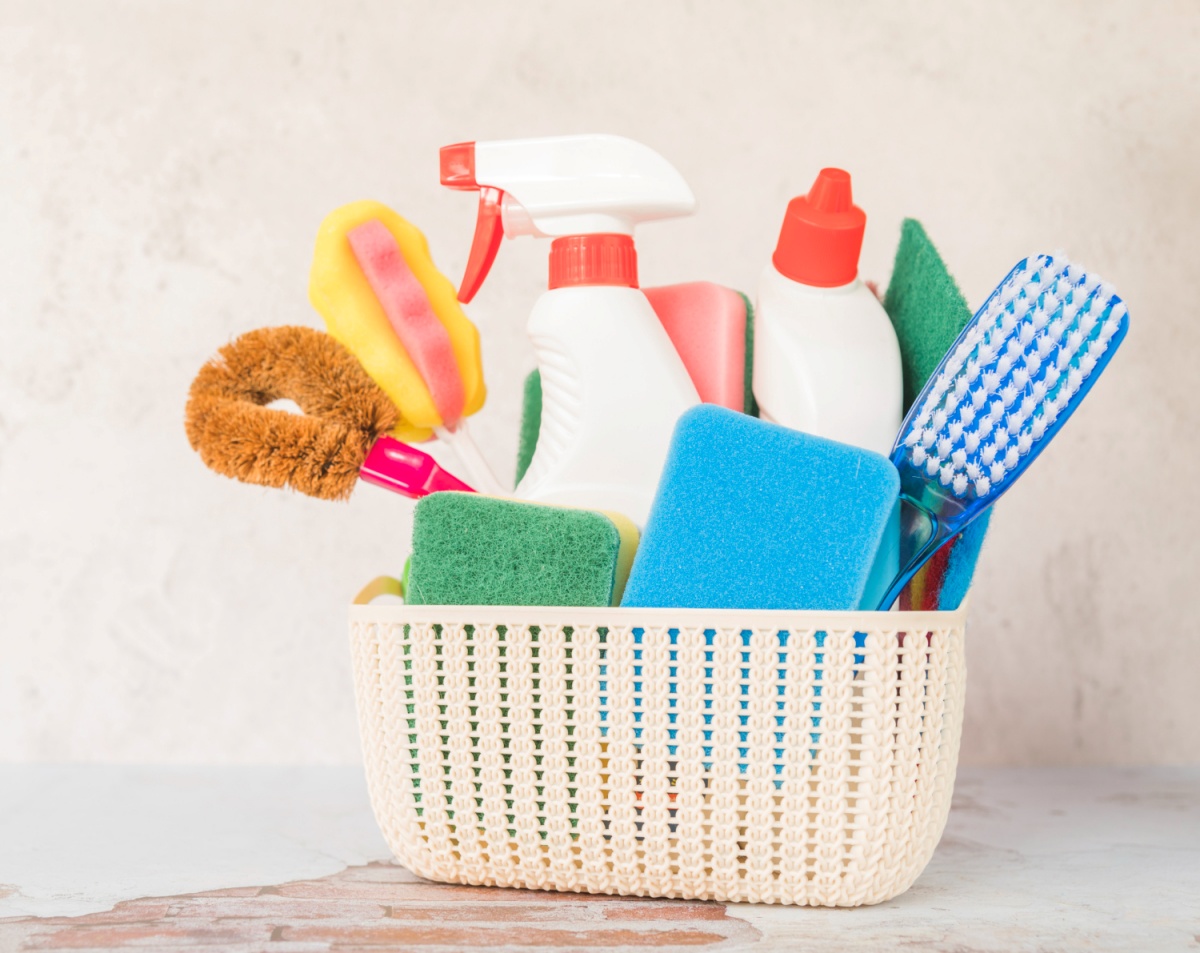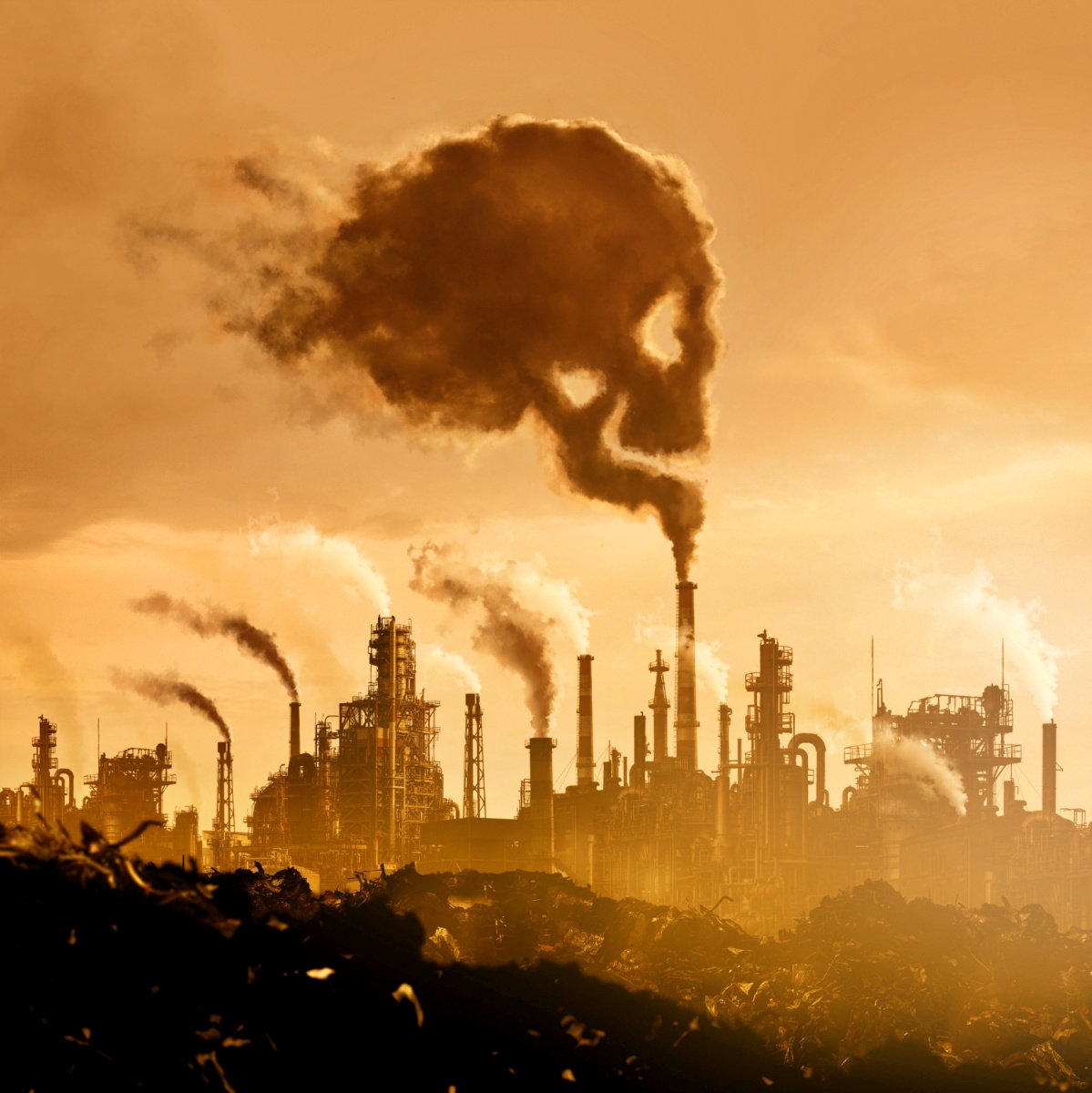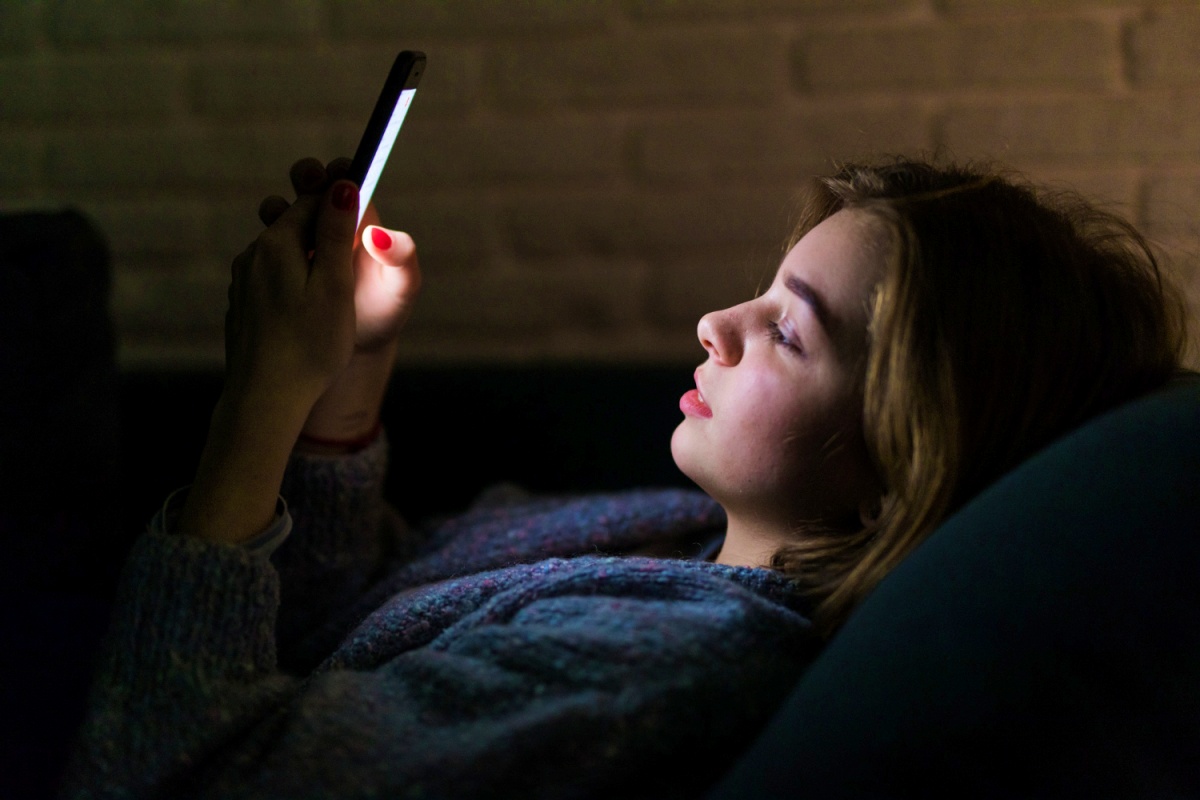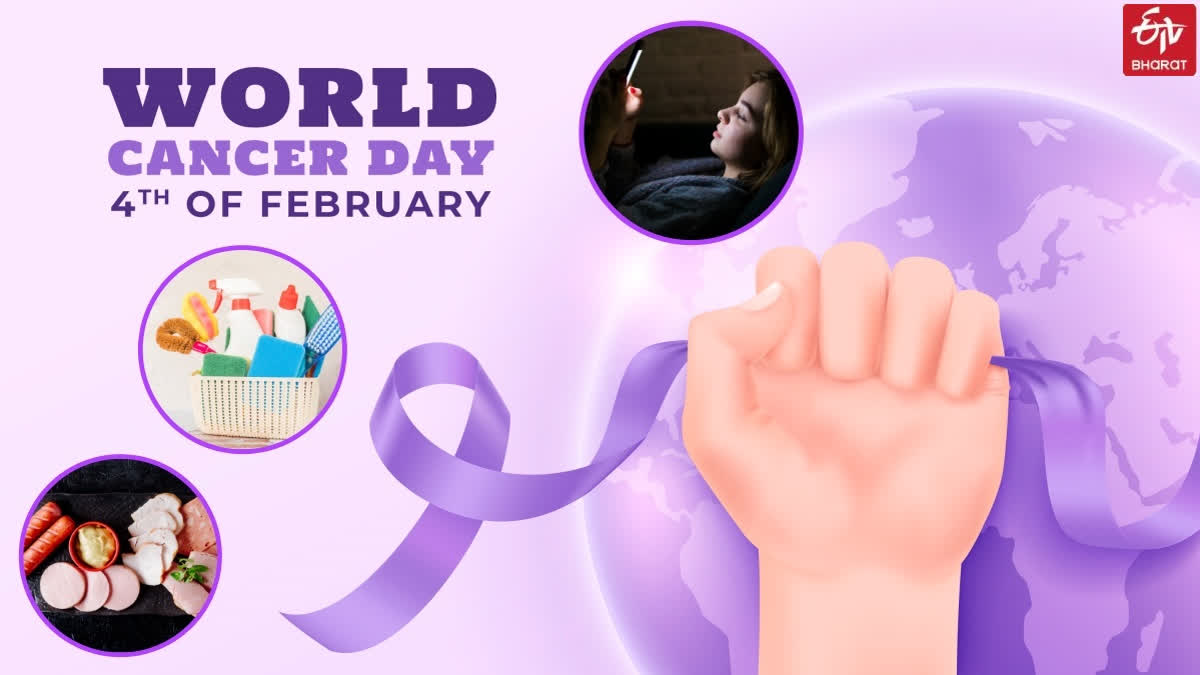Cancer affects millions of people every year, causing significant pain and loss. While smoking and poor diet are the usual suspects when it comes to cancer, there are many other surprising things that could be increasing your risk. The ETV Bharat Health team rounds them up on World Cancer Day.
What Is World Cancer Day?
World Cancer Day is observed every year on February 4. It’s an important day to talk about the need for cancer prevention, early detection, and the importance of treatment. This year’s theme, 'United By Unique' places people at the centre of care. We all have a role to play in this battle. By encouraging healthy habits, we can make a difference and help fight cancer.
5 Unexpected Carcinogens
Let's talk about five unexpected factors that may be putting you at a higher risk of developing cancer. We’ve backed these points with research to help you understand how these risks work.
1. Eating Processed Meats
You might love sausages for breakfast and ready-to-cook kababs, but processed meats have been linked to a higher risk of cancer, especially colorectal cancer. The World Health Organization (WHO) has classified processed meats like bacon, sausages, hot dogs, and deli meats as a Group 1 carcinogen, meaning they are known to cause cancer. These meats often contain harmful chemicals, such as nitrates, which can damage your cells over time.

Health Tip: To lower your cancer risk, try to limit processed meats in your diet and switch to healthier options like lean meats or plant-based alternatives.
2. Chemicals in Your Cleaning Products
When cleaning your home, you may not realize that some of the products you’re using could be putting your health at risk. Chemicals found in some cleaning supplies, such as phthalates and benzene, have been linked to cancers like leukaemia and lymphoma. A 2021 study on Latina women published in Environmental Health Perspectives found that long-term exposure to these chemicals can weaken your immune system and disrupt your hormones, both of which can lead to cancer.

Health Tip: Consider switching to non-toxic, eco-friendly cleaning products to reduce your exposure to harmful chemicals.
3. Air Pollution
We all know that smoking is harmful, but did you know that air pollution can also raise your cancer risk? Fine particulate matter (PM2.5) and other pollutants in the air have been shown to increase the risk of lung cancer, even for non-smokers. A study published in the Journal of Thoracic Oncology in 2023 found that air pollution is the second leading cause of lung cancer.

Health Tip: To protect yourself, limit outdoor activities on days with high pollution levels and consider using air purifiers indoors.
4. Too Much Red Meat
While red meat like beef, pork, and lamb is a common part of many diets, eating too much of it has been linked to an increased risk of cancer, particularly colorectal cancer. A study from the American Institute for Cancer Research suggests that of red meat were significantly associated with increased risks of 20%–60% for cancers of the esophagus, liver, and lung.

Health tip: Try to limit your intake of red meat and include more plant-based foods, such as vegetables, fruits, and legumes, in your meals for a healthier diet.
5. Excessive Screen Time
Most people spend hours each day in front of screens today, whether it’s for work, leisure, or social media. While the connection between screen time and cancer is still under study, emerging research suggests that prolonged exposure to blue light from screens may be linked to cancer risk. A 2022 study from the National Institutes of Health published in Frontiers found that exposure to blue light at night could disrupt melatonin production, a hormone that helps regulate sleep and has protective properties against cancer. This disruption may increase the risk of breast and prostate cancers.

Health Tip: To minimize the risk, consider using blue light filters on your devices or reduce screen time, especially before bedtime.
By making small changes, such as eating less red meat, using safer cleaning products, and protecting your skin from UV rays, you can lower your chances of getting cancer.
References:
https://www.thelancet.com/journals/lanonc/article/PIIS1470-2045(15)00444-1/abstract
https://ehp.niehs.nih.gov/doi/10.1289/EHP8831
https://www.jto.org/article/S1556-0864(23)00601-9/fulltext
https://pubmed.ncbi.nlm.nih.gov/18076281/
https://www.frontiersin.org/journals/physiology/articles/10.3389/fphys.2022.943108/full
Read more:



